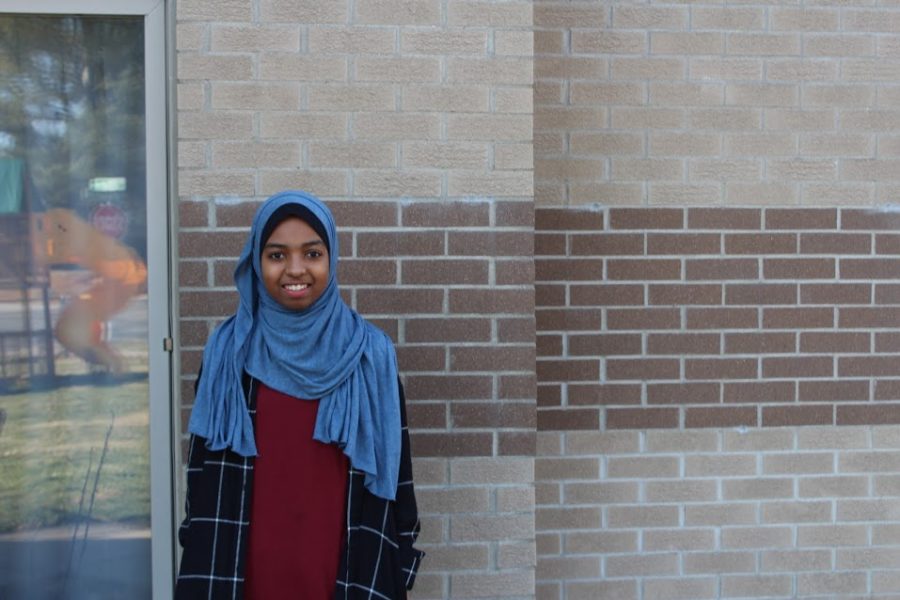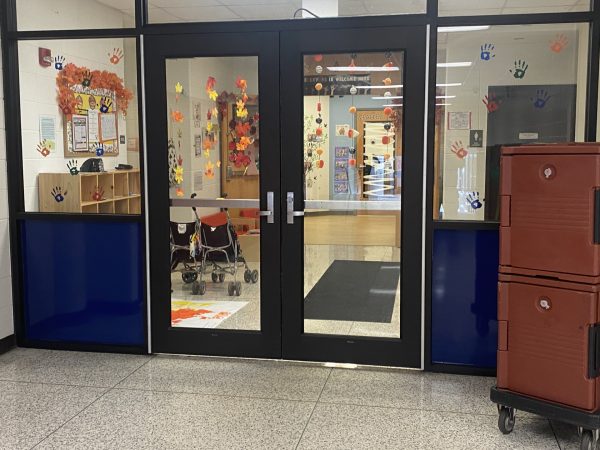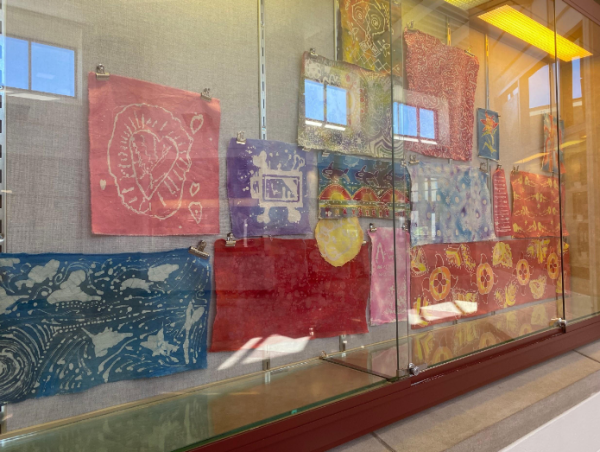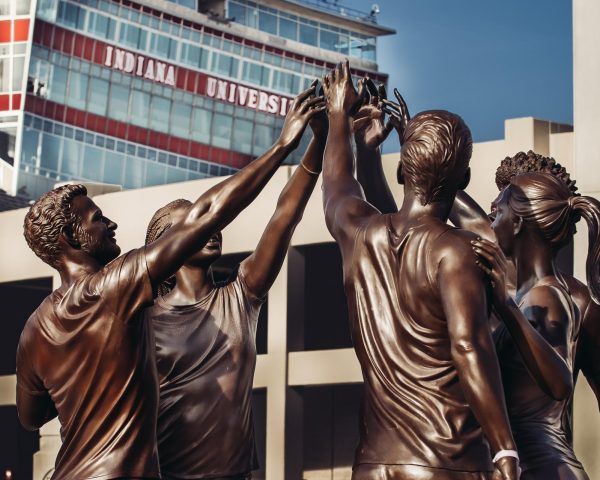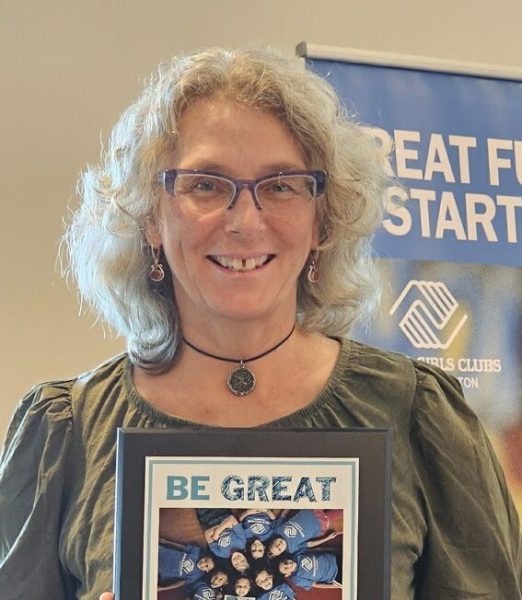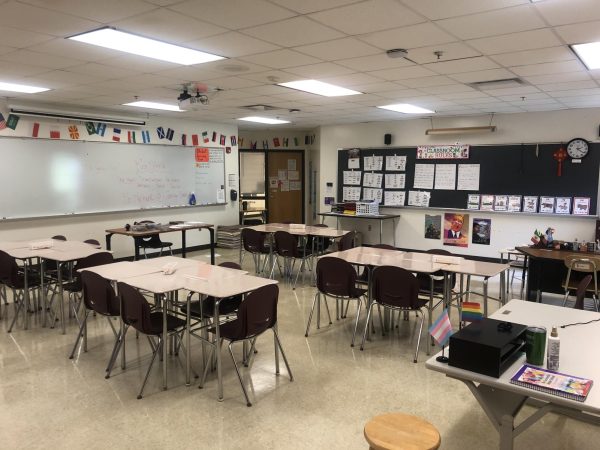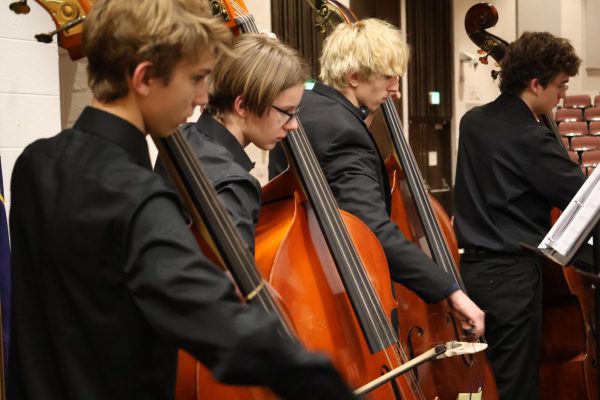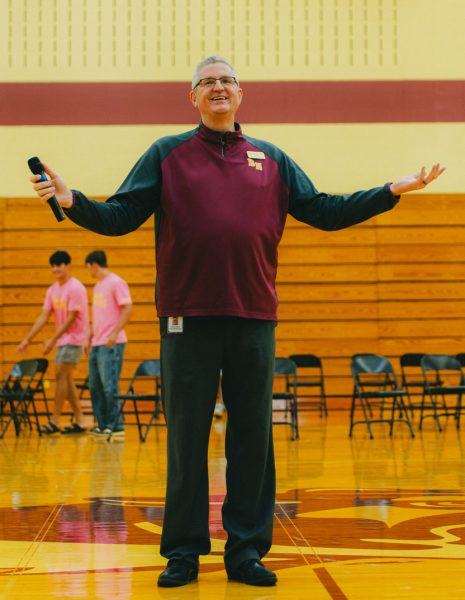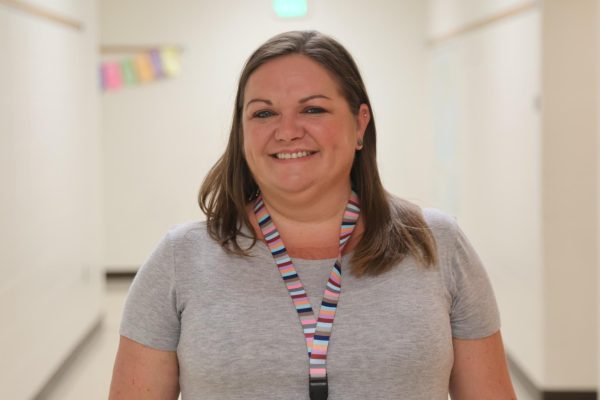Power Behind the Hijab
A woman walks down the street with only her face showing beneath her hijab. Her stride is confident and calculated, and she walks with grace and power.
On the opposite side of the street, another woman glances at the time on her watch. Her well-muscled arms are covered with tattoos, clearly visible under the skimpy garments that make up that day’s outfit.
Two empowered, confident women, two feminists.
Muslim women are often portrayed as anti-feminist, as the traditional Islamic religion is very patriarchal. They “need to be saved” by western feminists who find the Muslim religion “oppressive” to women.
Because whitewashed American feminism can often be summed up with hashtags such as #freethenipple, #nastywomen, and other trends circling around the concept of female sexual liberation, sometimes we have a hard time understanding a version of feminism so starkly different from this.
These Muslim women view the body as sacred temple, that should be guarded and private. This garners a deep respect for the women’s bodies. As well as makes men focus on what’s inside, bringing about a deeper respect for the women themselves as people.
Muslim women take an important and powerful stance as feminists. They counter commercial American feminism by fighting governmental injustices and societies with deeply ingrained patriarchy. They use their religion as an empowering tool, not a hinderance or a burden. They show the world that everyone can fight for equal rights and liberty. They do this by strongly practicing their beliefs, despite judgement, ignorance, bigotry from anyone male, female, muslim or anyone else.
North Sophomore Nadia Jallal is a Muslim feminist who is politically progressive and is strong in all her beliefs, though she feels the tension towards Islam growing in light of recent political events taking place in America.
“People do group Islam together with anti-feminism and oppression, but true Islam is a religion of peace,” Jallal said.
Many Muslim women wear a hijab (headscarf) as this part of how they practice their religion. The hijab is different, but comparable to a Christian wearing a cross. However, these Christians are never called terrorists because of it. When people walking down the street see a woman in a hijab, they often think negatively of her, though all she wants is to practice her religion in peace.
Jallal doesn’t wear a hijab because of personal preference, but respects the women who do.
North freshman Haifa Muhammed does choose to wear a hijab, and is a devout feminist and Muslim.
“Some people think that because you wear a headscarf you are oppressed,” Muhammed said. “ But if they would look more into the subject they would realize that that’s not true.”
Muhammed wears the hijab, “first and foremost for the sake of God.” Yet there are other factors that go into her choice to wear the hijab.
“It kind of goes along with feminist values,” Muhammed said. “It’s about modesty and privacy. We don’t want to be judged by our appearances but rather by our personality and intelligence.”
Many Muslim women, like Jallal and Mohammed, are part of a new generation Muslim group, who are being extremely proactive for their cause. These Muslim American women are no longer being told what they need to do or be as Muslims, or as Americans. They are simply saying, “I am a Muslim American, and this is what Islam means to me.”
“Being a Muslim has made me stronger against the prejudice in the world, especially against Islam, and made me more aware that we need to fight for women’s rights,” Jallal said.
When most Americans think of Muslim women in the Middle East, they think of a poor oppressed woman who is forced to walk with her head down, in constant fear of all men. Many believe that women wear the hijab because men want them to, or don’t drive because men don’t want them to, but most women make those choices themselves. And any unwanted oppression usually comes from the government, not Islam.
“Middle eastern countries have been oppressive to women, but that is separate from religion,” Jallal said.
While neither Jallal or Muhammed have personally been harassed because of their religion, Mohammed has multiple friends who have been confronted about how they could be real feminists while wearing a hijab.
Like many women, Jallal, a liberal, believes in the freedom to practice Islam or any religion without being judged or hated for it, but also feels we need to fight the governments in the middle east who are oppressive to the citizens there, especially the more liberal women there that want to drive or dress more freely.
Like any religion, there is much variation in the way Muslim women practice Islam day to day. Some wear the hijab and pray five times a day. And some, like Jallal, look and seem like every other girl in the room.
Either way, and every way in between, these women are fighting an uphill battle as tension against Islam is mounting because of recent politics and events.
When asked what Mohammed wants people to know about the women of her religion, she said this: “We are not oppressed. If a women is being oppressed, it is the fault of the person oppressing her and has nothing to do with religion. Being a Muslim and being a feminist is not mutually exclusive.”
Many feminists are devout Muslims and many Muslims are powerful feminists. These women may not be oppressed, but often they are judged for their religion, as the ignorance of Americans has been displayed more now than ever.
We owe it to these Muslim women to be educated about their culture, and respect them for the women they are beneath the hijab.


